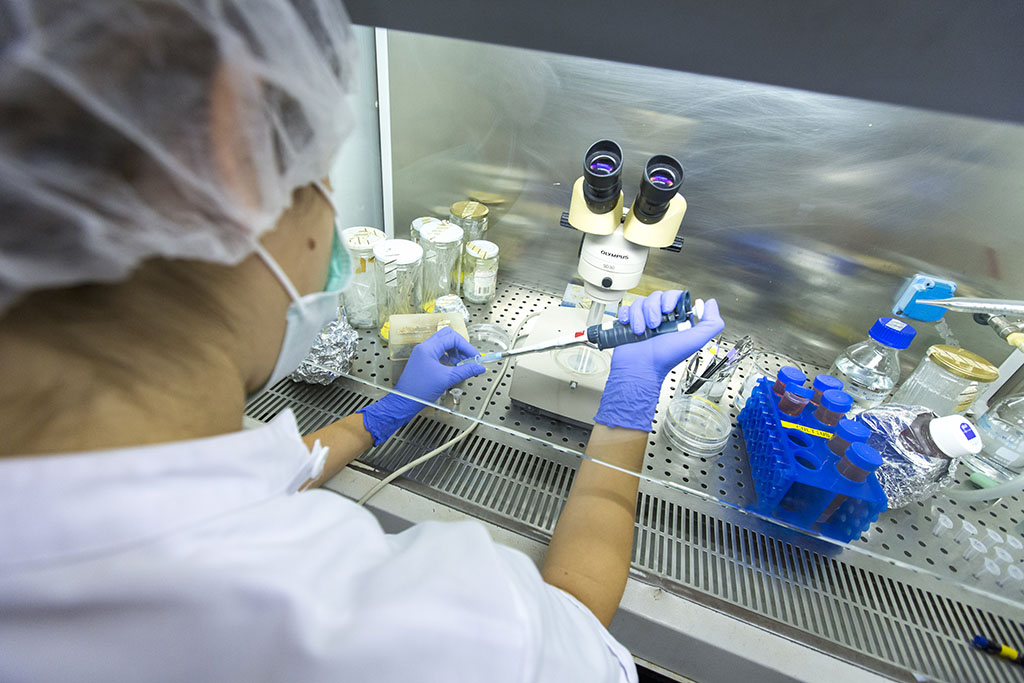Detall
Cicle Continuat de Conferències de la FMiCS: Challenging the Dogma of Unidirectionality in Development: Applying Partial Reprogramming to Reverse Aging Hallmarks in the Brain
El proper 8 de maig a les 12 h l'Aula Magna del Campus Clínic acollirà el desè dels seminaris del Cicle Continuat de Conferències de la Facultat de Medicina i Ciències de la Salut.
El seminari titulat "Challenging the Dogma of Unidirectionality in Development: Applying Partial Reprogramming to Reverse Aging Hallmarks in the Brain” i serà a càrrec de la Dra. Aida Platero Luengo, Assistant Professor Institute of Biomedicine of Sevilla University of Sevilla, el encarregat d'aquesta xerrada és el Dr. Daniel Tornero.
Aquest seminari s'adreça a tot el PDI de la Facultat de Medicina i Ciències de la Salut i als centres de recerca de Barcelona i no cal inscripció prèvia per assistir-hi.
A continuació, una breu sinopsi dels temes que hi abordarà durant al sessió:
"In our quest to understand the complexities of brain physiology, a significant challenge remains evident. Most neurological diseases still lack definitive cures. Among the myriad factors contributing to these disorders, advanced age emerges as a prominent risk factor. This raises the intriguing question of whether modifying the course of aging could reduce disease susceptibility and manifestations. The aging brain, characterized by cognitive decline, compromised homeostasis, sustained inflammation, and diminished neuronal performance, becomes a focal point for potential interventions. Recent publications have brought attention to therapeutic interventions that demonstrate potential in slowing down or rejuvenating specific age-associated hallmarks. Notably, cellular reprogramming has surfaced as a standout approach in this context. Aida’s laboratory is dedicated to investigating the potential of partial reprogramming in the central nervous system to mitigate the effects of neurological decline associated with aging and age-related pathologies. They are examining the impact of partial reprogramming on mice of various ages, with a particular focus on assessing memory and learning capabilities and comparing specific aging markers such as adult neurogenesis, inflammation, and neuronal degeneration. They are analyzing the reversal of aging-related epigenetic changes in astrocytes and assessing parameters related to metabolic function. They think that rejuvenation-by-reprogramming of brain cells could hold therapeutic promise for altering aging, thereby reducing diseases susceptibility and mitigating their manifestations."



